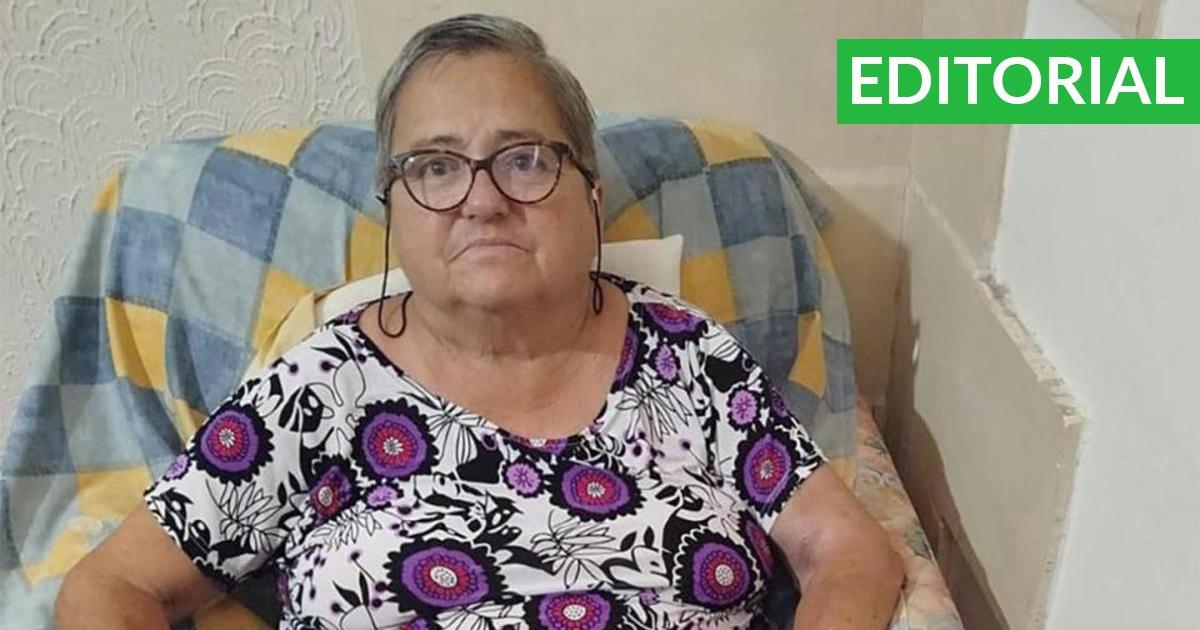The recent case of Carlinda Maria Torres de Oliveira Neves, a 69-year-old Brazilian woman denied medical care at Mater Dei Hospital despite paying national insurance for three years, sheds light on a series of gaps and inequalities in our healthcare system.
Carlinda moved to Malta legally, with a work permit approved by the local authorities, to join her son’s business.
Although she was over 65 and technically exempt from paying NI, her son was advised – by a reputable Maltese firm – to contribute nonetheless, under the belief it would entitle her to public healthcare after a year.
For three years, this assumption held – until it didn’t. When a hospital administrator noticed her age, the rulebook was enforced.
She was denied an intervention but continued to benefit from dialysis for her diabetes.
This incident exposed the subjective nature of how public services are applied to third-country nationals (TCNs) in Malta. While the law allows over-65s to work, it bars them from paying NI – they are allowed to live and work, but not to access essential services.
So, what happens when a TCN enters Malta aged 65 or older?
Under current law, TCNs must wait a year after beginning NI contributions before qualifying for public healthcare. But if you’re over 65 and can’t legally pay NI, how can you ever qualify?
This regulatory gap leaves elderly migrants with no access to public healthcare, especially for chronic conditions like diabetes – often excluded from private insurance.
Carlinda’s story was not isolated. TCNs in Malta face a string of unjust hurdles, especially when it comes to family reunification. We’ve heard countless stories of migrant parents working in Malta who cannot be with their young children due to the country’s restrictive family reunification rules. TCNs with a single work permit can apply to bring relatives only if they earn 20 per cent more than Malta’s average or median salary (€18,000 to €23,100). When these thresholds are adjusted, renewals can be denied.
This pattern – of allowing workers in while denying them the basic dignity of family life and healthcare – reflects a disturbing imbalance.
According to the Justice and Peace Commission’s ‘Beyond GDP II’ report, TCNs make up around 20 per cent of Malta’s workforce. They clean our homes, care for our elderly, build our infrastructure, and yet they remain treated as ‘workers’, not as ‘people’.
At the heart of the issue is a massive legal gap that has been conveniently swept under the carpet for almost a decade – Protocol No. 12 of the European Convention on Human Rights. It binds countries to provide equal protection to all individuals, including TCNs.
Malta ratified the protocol in 2015, and it came into force the following year. Yet, this protocol has not been incorporated into Maltese domestic law. As a result, any TCN seeking protection against discrimination must take their case to Strasbourg.
The ombudsman has raised this issue in his last two annual reports, but political will remains absent.
In theory, the protocol would not grant TCNs in Malta an automatic right to family reunification, but it will require that any such rights, once provided by law, be applied with-out unjustified discrimination across all groups of people in similar situations.
Malta can’t just allow people in to work and then forget they are human beings with families.
The conditions for family reunification must be more reasonable and humane, and should never discriminate on any grounds – including age.
Equality, after all, is not just a principle. It’s a right that Malta signed up to enforce.
